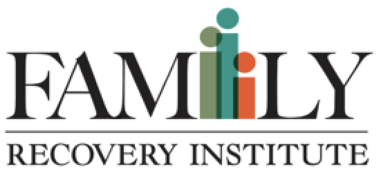This list will be updated as we receive donations.

- This event has passed.
The Emotional Truth of the Moment: The Power of Existential-Analytic Psychotherapy
– Presented by Stephen H. Sulmeyer, JD, PhD [CLASS]

Both existential therapy and the approaches of a number of modern psychoanalysts (e.g., Bion, Ogden) focus on aliveness—both the patient/client’s capacity to be fully alive, as well as the aliveness or deadness of any moment of the therapy itself. This focus on aliveness, particularly how it expresses itself in the therapeutic relationship, is a key element of therapy that is truly life-changing for both therapist and patient/client.
Existential-Analytic psychotherapy powerfully blends the best of existential (including existential-humanistic and existential-phenomenological) and contemporary, interpersonal psychoanalytic therapy to create an approach to psychotherapy that is powerful, transformative, uncanny, unsettling, and deeply relational. In particular, it avoids the collusion that frequently exists between therapist and client to ward off the most deeply unsettling and anxiety-provoking issues that are present in the consulting room between therapist and client.
In this workshop we will explore both the theoretical underpinnings and methodology of existential-analytic psychotherapy, as well as engage in experiential exercises that will allow participants to have a direct taste of this powerful approach to therapy.
Learning Goals and Objectives:
- Select and assess patients appropriate for existential-analytic psychotherapy
- Become familiar with clinical techniques and skills of existential-analytic psychotherapy
- Grasp the use of the “analytic third subject of analysis” to gauge what’s happening in the room
- Recognize and work effectively with the aliveness or deadness of the therapy
- Avoid falling into the “content trap”
- Discern the ways in which patients pull for the therapist to collude with them to undermine the therapy
Stephen H. Sulmeyer, JD, PhD, is a lawyer, clinical psychologist, mediator and collaborative coach in Marin County, California. He received his undergraduate and law degrees from Stanford University, and his doctorate in psychology from the Institute of Transpersonal Psychology in Palo Alto, California, where he has taught as a member of the adjunct faculty. His theoretical orientation is existential-analytic, which is a blend of contemporary, interpersonal psychoanalysis (which tends to focus on the depths of patients’ psyches and histories as illuminated by the therapeutic encounter) and existential-humanistic psychology (which tends to emphasize key human concerns such as aliveness, authenticity, meaning, maturation, and mortality). He wrote his doctoral dissertation on the psychology of meaning, and specializes in helping people find more meaning in their lives and work.
COST:
Non Members:
$75 early registration up to 10 days prior to class, $85 after
CIP Members:
$50 early registration up to 10 days prior to class, $60 after
CEs: 4 CEs for LMFTs, LCSWs, and Psychologists.
Community Institute for Psychotherapy is approved by the American Psychological Association to sponsor continuing education for psychologists. Community Institute for Psychotherapy maintains responsibility for this program and its content.
Cancellations must be received in writing 10 business days prior to the seminar or class for a refund minus a $25 cancellation fee.
Accommodation for Special Needs: Accommodations will be made wherever possible to accommodate those with disabilities. Please let us know of any disabilities upon registration, to ensure that proper accommodations are put in place prior to workshop/training.
Grievance Procedure: CIP will respond to complaints in a reasonable, ethical and timely manner, when submitted by program attendees in writing to the Chair of CIP’s Professional Development Committee.
Anti-Discrimination Policy: CIP shall not discriminate against any individual or group with respect to any service, program or activity based on gender, race, creed, national origin, sexual orientation, religion, age or other prohibited basis. CIP does not require attendees to adhere to any particular religion or creed in order to participate in training. CIP will not promote or advocate for a single modality of treatment that is discriminatory or likely to harm clients based on current accepted standards or practice.
*There is no conflict of interest or commercial support related to this CE program.









